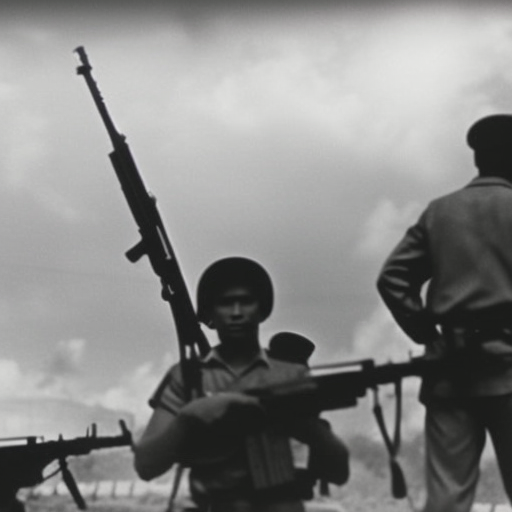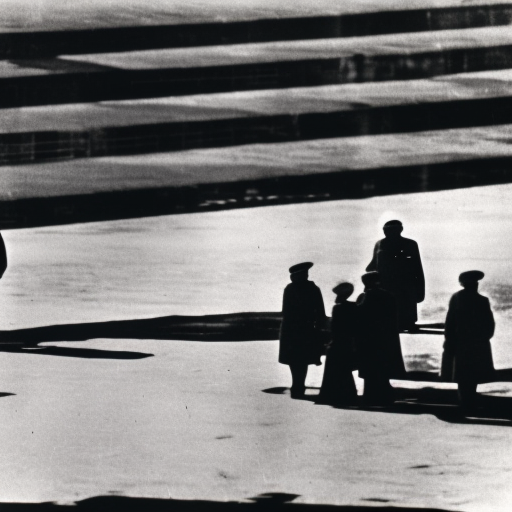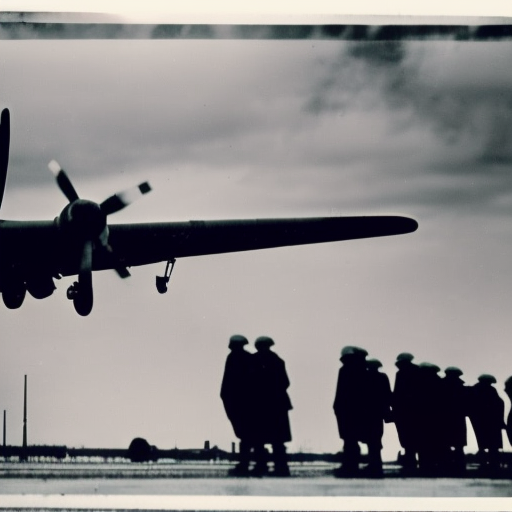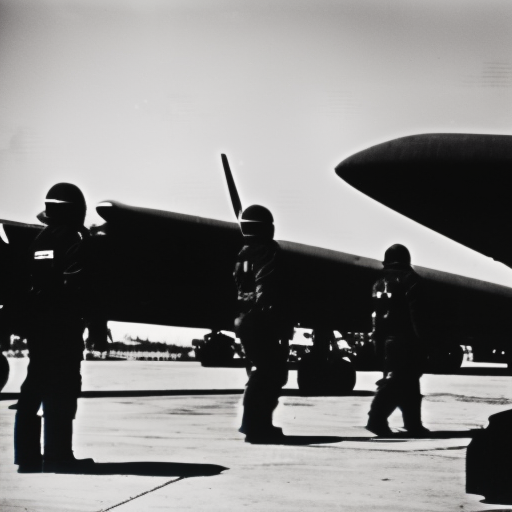In “Polar Star,” Martin Cruz Smith takes readers on a thrilling journey through the treacherous world of Soviet-era Russia as detective Arkady Renko investigates a murder aboard a fishing vessel in the Arctic Circle.
The Cold War (1947-1991) Explained
The Cold War was a period of political tension and rivalry between the United States and the Soviet Union, characterized by ideological conflicts and the threat of nuclear war.
The Marshall Plan (1948) Explained
The Marshall Plan was a US initiative to provide economic aid to war-torn Europe after World War II.
The Glasnost and Perestroika Explained
Glasnost and Perestroika were Soviet policies implemented by Mikhail Gorbachev in the 1980s, aimed at increasing transparency and restructuring the Soviet Union’s political and economic systems.
The Vietnam War (1955-1975) Explained
The Vietnam War was a prolonged conflict between North and South Vietnam, with the involvement of the United States, resulting in significant loss of life and political turmoil.
Don Camillo Summary
Don Camillo” is a 1952 French-Italian comedy-drama film directed by Julien Duvivier, based on the popular Italian book series about a village priest and his ongoing conflicts with the communist mayor.
The Butter Battle Book Summary
‘The Butter Battle Book’ by Dr. Seuss is a satirical children’s book that explores the absurdity of war through a conflict over buttering bread.
The Iran-Contra Affair (1980s) Explained
The Iran-Contra Affair was a political scandal in the 1980s involving secret arms sales to Iran and the diversion of funds to support Contra rebels in Nicaragua.
The SALT Treaties Explained
The SALT Treaties were a series of agreements between the United States and the Soviet Union aimed at limiting the proliferation of nuclear weapons.
The Brinkmanship during Cold War Explained
The Brinkmanship during Cold War was a strategy of pushing the limits of conflict without engaging in direct military action, used by the United States and Soviet Union to maintain a balance of power.
The Berlin Airlift (1948-1949) Explained
The Berlin Airlift was a massive humanitarian and logistical effort by the Western Allies to supply West Berlin during the Soviet blockade.
The U-2 Incident (1960) Explained
The U-2 Incident (1960) was a major Cold War event in which a US spy plane was shot down over Soviet Union territory, escalating tensions between the two superpowers.




















